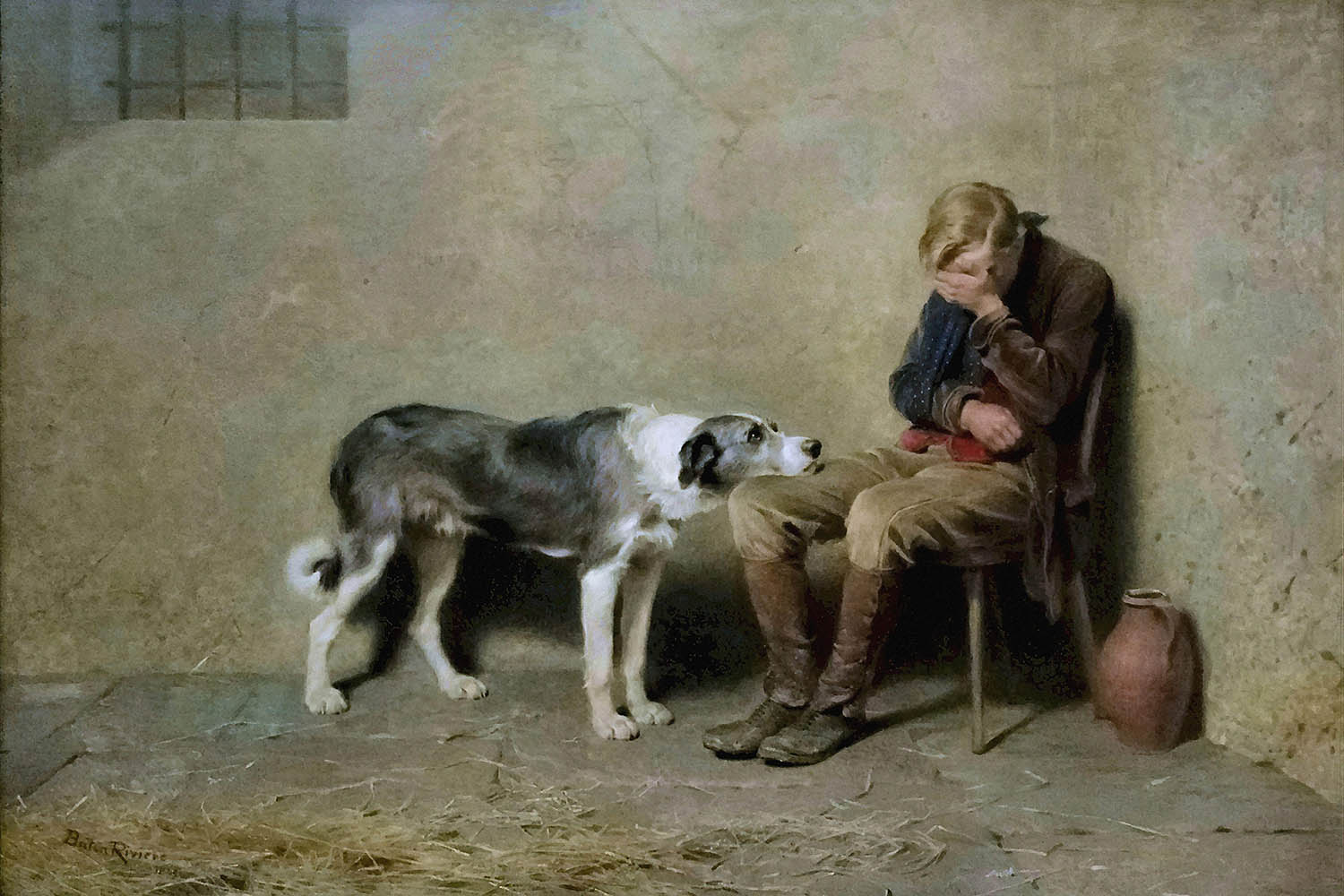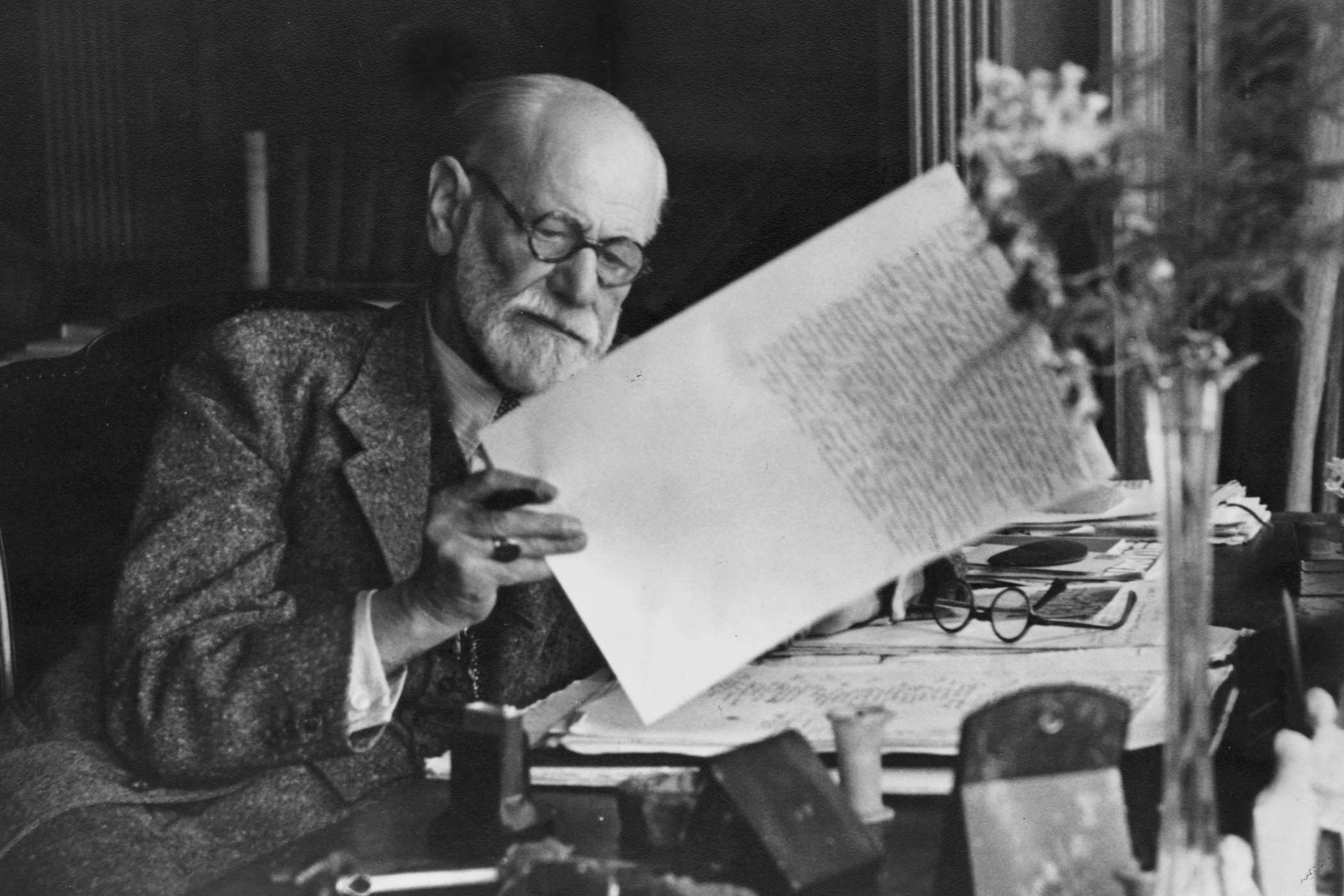The celebrated British nature writer Jay Griffiths’ fondness for non-human company is abundantly clear from her new book, How Animals Heal Us. Dedicated to her cat, it expounds in the most joyful detail all the ways in which creatures great and small can improve our lives, while lamenting how frustrating it is that we still have so many humans to contend with. “People judge us, animals don’t,” she writes, before lambasting those individuals towards whom she feels only bitter disdain: Jeff Bezos (a “prick”), Elon Musk (a “twat”), and Donald Trump (a “fart”), before catching herself: “Sorry, where was I?”
The central thesis to this fascinating, if at times slightly kooky, book is that humans undervalue their animal friends – and we shouldn’t. In relaying stories of their remarkable bravery and skill, she hopes to help elevate our appreciation. There’s the African lion, for example, that guarded a girl from her kidnappers, and the dogs that can be trained to smell cancer in humans. Elsewhere, she extols the magical properties of a cat’s purr, which in humans releases oxytocin, “the cuddling hormone”, and this leads her directly to suggest that “old women, with their cats on their laps, may intuit healing properties, unconsciously treating osteoporosis, and providing themselves with the fairest and warmest kind of pain management”.
For the most part, Griffiths – the author of books on wildness, depression and childhood – remains a distanced, albeit enthusiastic, guide, relaying information that she has come across in libraries, books and online. Only occasionally does she go out into the field to see evidence for herself, meeting clever dogs that can detect diseases (one of them tests her for Covid), or recalling the time she got up close and personal with a whale in Baja California. “Each day,” she writes, “we would go out on to the small boats in the longing to see the grey whales in January and February, a sweet, playful time in the whale year.” Eventually, she gets lucky when one swims alongside. “I was longing for my lips to touch her skin, a caress in the huge simplicity of bodies.” When this longing was eventually fulfilled, it was “like kissing a cathedralized soul”.
The various beasts celebrated here could not have hoped for a greater propagandist. Griffiths is in awe of them all. “I wish we humans could have our mind-radios more often set to ‘receive’, so we might hear the messages sent from the animal world saying: We hear you.”
She writes about the skunks that help calm the voices in the heads of people with schizophrenia and the llamas that offer children with autism the “gift of listening”. In Slovenia, there are schools that keep beehives on the premises for children who are “restless and upset”, and who are sent to the bees “to be cared for”. Griffiths also writes approvingly about the German artist Joseph Beuys, who, in 1969, created a political party for animals.
This is a heavily researched book (there are 40 pages of endnotes) but despite the ceaseless citations, many of the claims are merely proof of confirmation bias. The more intuition and empathy we believe our animals are capable of, the more “evidence” we can gather. At one point, Griffiths confidently states that dogs like reggae music, and at another reports that there are certain breeds that can identify when their owner has a migraine and then “lick” the pain away. As a pet owner, it is frankly difficult to read all this and not look disappointingly towards your own pooch, wondering why their only skill revolves around the illicit consumption of Peperami.
Griffiths is at least aware of this. “Whatever the facts, [these stories] speak of the human need to believe in dogs demonstrating heroic devotion. This is soul medicine.”
Which, of course, is fair enough. We choose, for all sorts of reasons, to have animals accompany us in our lives, to walk alongside us, and to share the duvet, or a chicken dinner. They offer companionship, distraction, amusement, and can even give us a reason to keep living: “Animals ease our loneliness in their befriending,” writes Griffiths, adding that, “we need the apothecary of animals, the knitbone of cats purring to comfort us... and the stitchwort of the bees, whose honey stitches the psyche back together when it has been sundered by death.” Her book is designed to ensure we never take our animal friends for granted again.
How Animals Heal Us by Jay Griffiths is published by Hamish Hamilton (£20). Order a copy from observershop.co.uk to receive a 10% discount. Delivery charges may apply
Illustration Fidelity (1869) by Briton Riviere courtesy of Alamy
Newsletters
Choose the newsletters you want to receive
View more
For information about how The Observer protects your data, read our Privacy Policy


